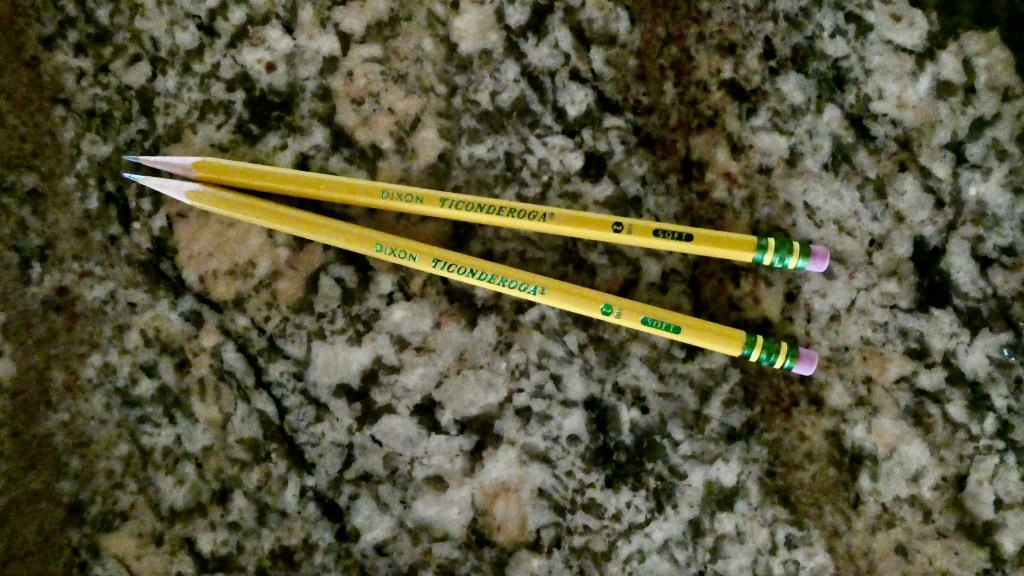The Questions You Wished You’d Asked: Writing Challenge
PART ONE
This is both a Writing Challenge and an exploration. Please complete Part One before reading Part Two. For this Assignment you need to make a list of questions you wished you had asked or were able to ask, a relative who is now dead or unable to be interviewed. What I want you to imagine is that you have been given a miracle opportunity to talk for several hours, once again or for the first time, to a parent, grandparent, aunt, uncle or even someone further back— This is that one chance you thought you would never get. Most of us wish we had asked our relatives more questions before they departed. Or we wish we had the opportunity to meet someone who died long ago. Here’s your chance.
It is important to think deeply about what you want to know. You can scour the web for a list of interview questions, but before you do that I want you to focus on just one person and what you would ask them. The questions should be tailored precisely to fill in the blanks of their story. Make the questions personal and realize this is your only chance to find out more about them. For some it may be obvious, if you have someone who died and there’s no death certificate and you want to know where to look. But others may be more subtle. “How did it feel when your mother died when you were 6 and you were farmed out to relatives? Was there anyone that made that experience better for you?” Or perhaps it is, ‘What were you told when cousin Judy got pregnant out of wedlock?” Or “what was it like to participate in the Battle of Round Mountain?” These are your questions so they can be anything your heart desires.
Here’s mine: I never met my maternal grandmother as she died of pancreatic cancer before I was born. Here are a few questions I might ask her.
- What was my mother like as a child? Did you find her difficult as I have the letter you wrote to your mother suggesting she was a handful?
- Did you ever think when you entered my mother’s photo into the Beautiful Baby contest she would win? Can you tell me more about that?
- Your sister, Louise, was 11 1/2 years your senior how did you get along with her? She married when you were fifteen, how was that for you?
- Did you bothe get along with your parents equally well? Or who got on better with one or the other?
- You went to Michigan Agricultural College and graduated in 1912 with a Bachelor of Science degree. Can you tell me how it was you came to go to college at a time when this was not the norm for women. What were your aspirations. Can you tell me any stories of mischief you may have gotten into?
- Your daughters contend that you had multiple abortions. Is this true? You were married at the time and I have been told that you had career goals did this factor into your decisions?
- In 1918 Michigan’s voters approved a state constitutional amendment extending suffrage (the right to vote) to Michigan women. The National Suffrage Amendment, the 19th Amendment to the U.S. Constitution, was passed by Congress on June 5, 1919. Were you involved in either of these movements and can you tell me how you felt when they passed?
Do you have your list written down? If so then you may proceed to Part Two.
PART TWO
So now that you have your list of questions you have several choices with what to do with them. First choice: pretend you are the person you were going to interview and use what you “do” know to answer the questions. Obviously you don’t know the answers, so just guess. See what comes to you. Use your imagination. Second choice: take one question and turn it into a story of creative nonfiction. Take a really intriguing question and flesh out a story about it. “Maybe your question was how did you meet Grandpa?” If you don’t know the answer just contrive a plausible, but interesting story. Was the meeting arranged or was it a “meet cute.?” Third choice: is to turn the questions on yourself. That is recraft them and ask them of yourself. We often don’t tell our own stories assuming that our progeny will know them. They may only know bits and pieces and they will forget—so give them the gift of leaving a few breadcrumbs. And whatever you do, have fun and be playful.
“The past is but the beginning of a beginning, and all that is and has been is but the twilight of the dawn.”
H.G. Wells
Kelly Wheaton ©2023 – All Rights Reserved


Pingback: Friday’s Family History Finds | Empty Branches on the Family Tree